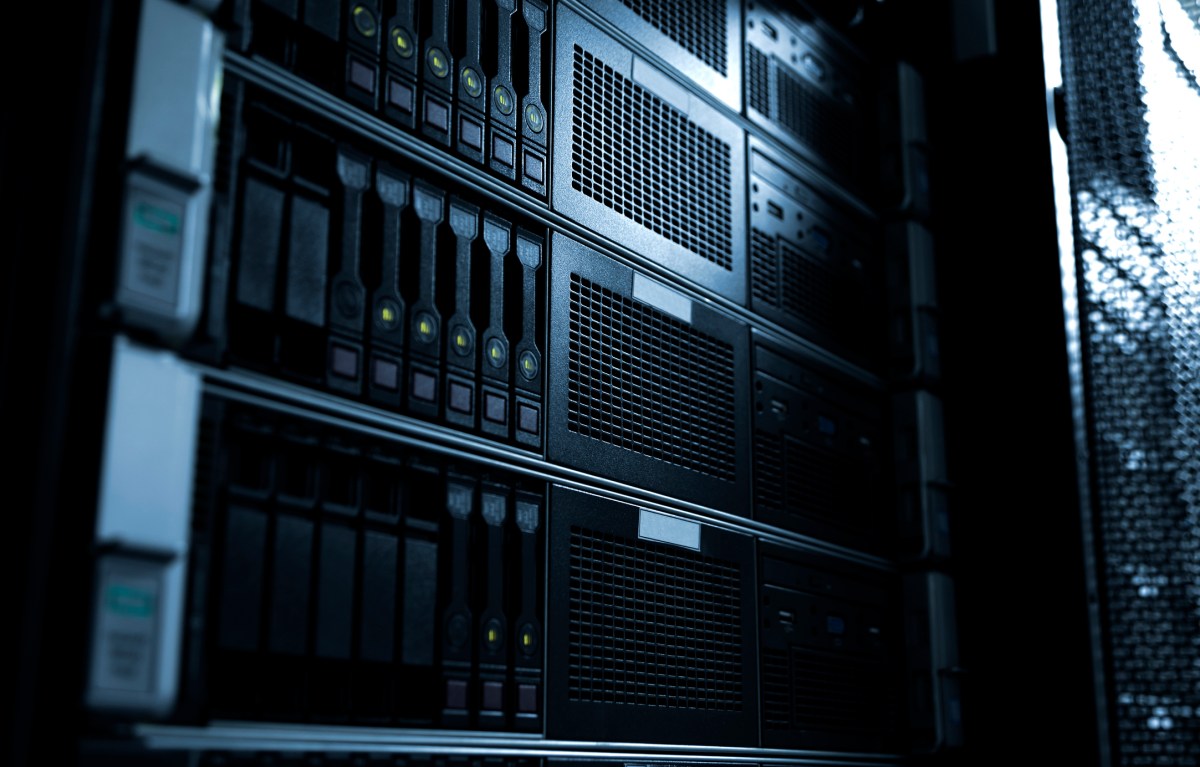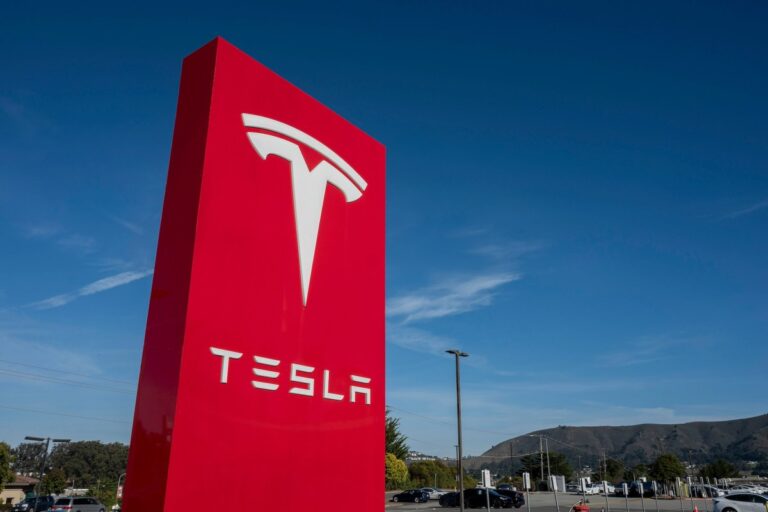Revolutionizing Hydrogen Production: Fourier’s Innovative Electrolyzers Draw Inspiration from Data Centers
Hydrogen production has emerged as a critical area of innovation, particularly in the quest for sustainable energy solutions. Despite being the most abundant element in the universe, producing cheap and clean hydrogen on Earth has posed significant challenges. Companies like Fourier are revolutionizing the hydrogen industry with their innovative approaches to efficient production and distribution.
Challenges in Hydrogen Production
According to Siva Yellamraju, co-founder and CEO of Fourier, the primary obstacles in hydrogen production include:
- Efficiency of Production: Creating hydrogen in a cost-effective manner.
- Distribution Issues: Ensuring that hydrogen can be transported efficiently to various consumers.
Fourier’s Innovative Approach
Recent trends among hydrogen startups have focused on developing modular electrolyzers that can be mass-produced and easily transported. Fourier, however, is taking this concept to the next level by designing systems that fit within the size of two standard server racks. This compact design has caught the attention of major investors.
Funding Success
Fourier secured an impressive $18.5 million in Series A funding, led by General Catalyst and Paramark Ventures. Other notable investors include:
Modular Design and Operations
Fourier’s hydrogen production module features multiple small electrolyzers, referred to as blades. Each blade is connected to a shared water pump and utilizes modified power supplies from the data center sector. Yellamraju explains:
“We reprogram them, retrofit them to run electrolysis,” emphasizing that these components are already widely available.
Technology Inspiration
Fourier draws inspiration from the lithium-ion battery technology used by companies like Tesla. Just as Tesla’s battery management system optimizes the performance of individual battery cells, Fourier’s system monitors each electrolyzer blade to enhance efficiency and detect any signs of degradation.
Upcoming Pilots and Market Potential
Fourier has successfully conducted two lab-scale pilot projects, producing approximately one kilogram of hydrogen per hour in collaboration with a pharmaceutical manufacturer and a solar energy company. The company is set to launch two commercial-scale pilot plants by June—one in Ohio’s petrochemical sector and another in Fremont, California, serving an aerospace client.
Competitive Pricing Strategy
Fourier aims to serve customers needing between 6 to 20 kilograms of hydrogen per hour, requiring around 300 kilowatts to 1 megawatt of electrolyzer capacity. Current market prices for hydrogen range between $13 to $14 per kilogram, while Fourier projects the cost to be significantly lower at $6 to $7 per kilogram, excluding government incentives. Yellamraju states, “With our margin, they’re still saving half the price of hydrogen.”
As the demand for clean energy solutions grows, Fourier’s innovative approach positions it as a leader in the hydrogen production market, potentially transforming the energy landscape. For more information about hydrogen technology and its applications, visit Energy.gov.







